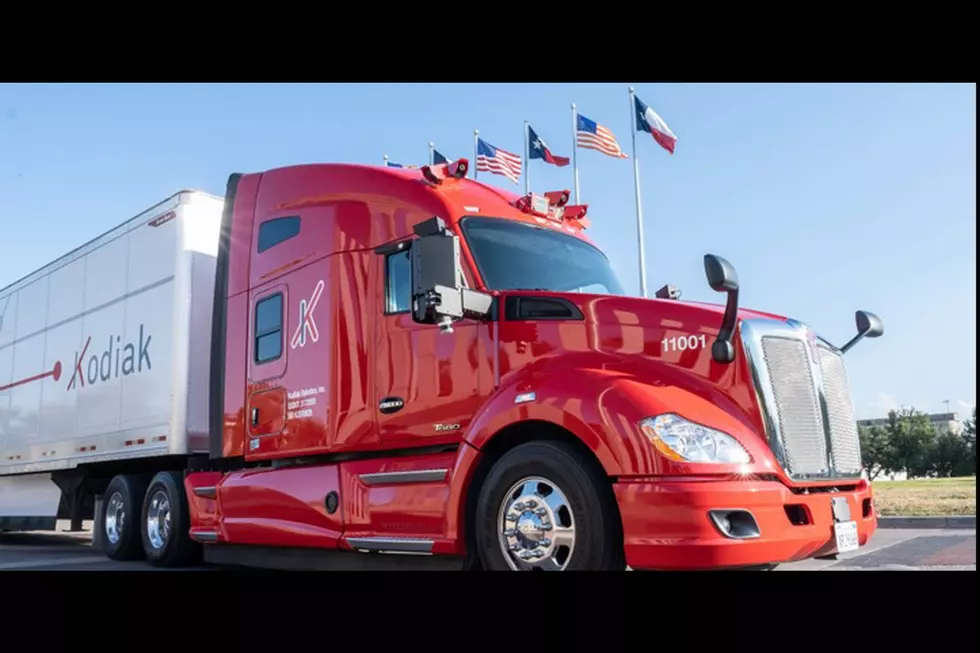
Is This the End of Truckers?
The long tradition of human driven trucks delivering cargo over the open road may be coming to an automated end. New laws in spreading across the country are changing the way companies look at moving inventory across the country, and it may not include human drivers much longer. Robotic upstart Kodiak, has just confirmed it will open a new facility in North Texas to support its self-driving freight operations in the Lone Star State.
Last year, the high-tech trucking juggernaut came out of nowhere with a $40 million start up promising to revolutionize the over-the-road shipping business by introducing the most advanced and viable replacement for human piloted vehicles. The concept promises to eliminate the need to stop for sleep, restroom, food, or any person related reason. If successful, it will also terminate millions of jobs.
Testing for robotic drivers on Texas roads is already underway. According to Techcrunch, Embark and Starsky Robotics have also tested autonomous big rigs on Texas roads. Robotic truckers TuSimple have reportedly signed a contract with the USPS for package delivery support in the form of a 1,000 mile route between Dallas and Phoenix to be handled by their self driving vehicles. Even tech giant Tesla has an automated hauler in the running to replace truck drivers altogether. The Tesla truck looks very futuristic, but most of these cold and calculating machines look like every other big truck on the road.
Louisiana joins Texas and 27 other states that are opening the doors for these driver-less trucks. This could potentially open up huge routes for machines that will most likely prove to be a much more economical shipping options for companies across the country. According to Insurancejournal.com, robot trucks are allowed to operate on public roads in Louisiana:
...if they are deemed able to follow state vehicle and traffic laws, meet federal vehicle safety standards and achieve 'a minimal risk condition if an (operational) failure occurs.' The vehicles must be registered and have a minimum of $2 million in insurance coverage."
The trucks in testing require a human to ride along in case of an issue. Once long term trails are completed, the plan is to eliminate the need for a flesh and blood component in the freight hauling business. The future, if these companies are successful, could mean the end of about 3.5 million jobs in the United States alone.
More From Highway 98.9









